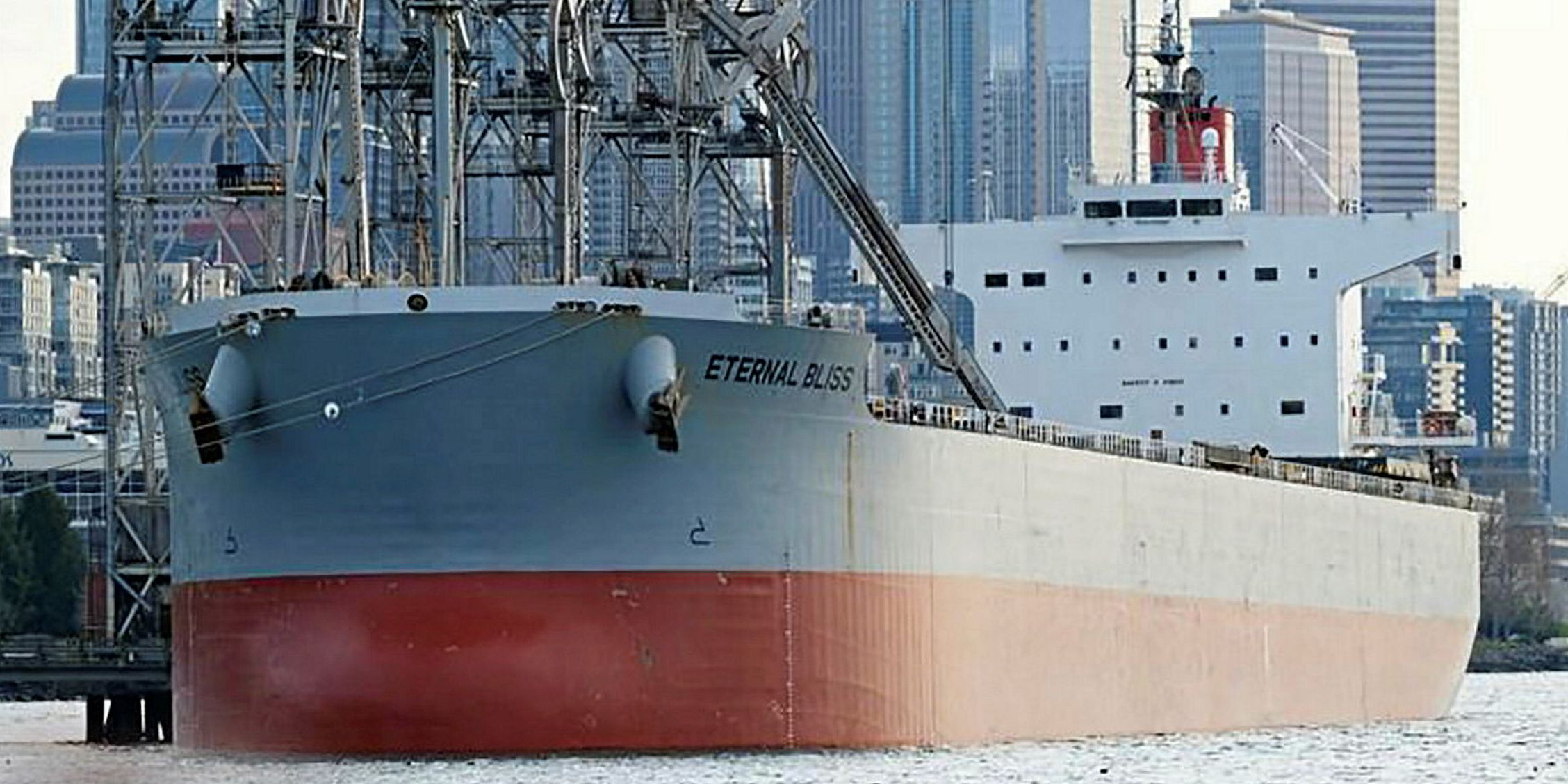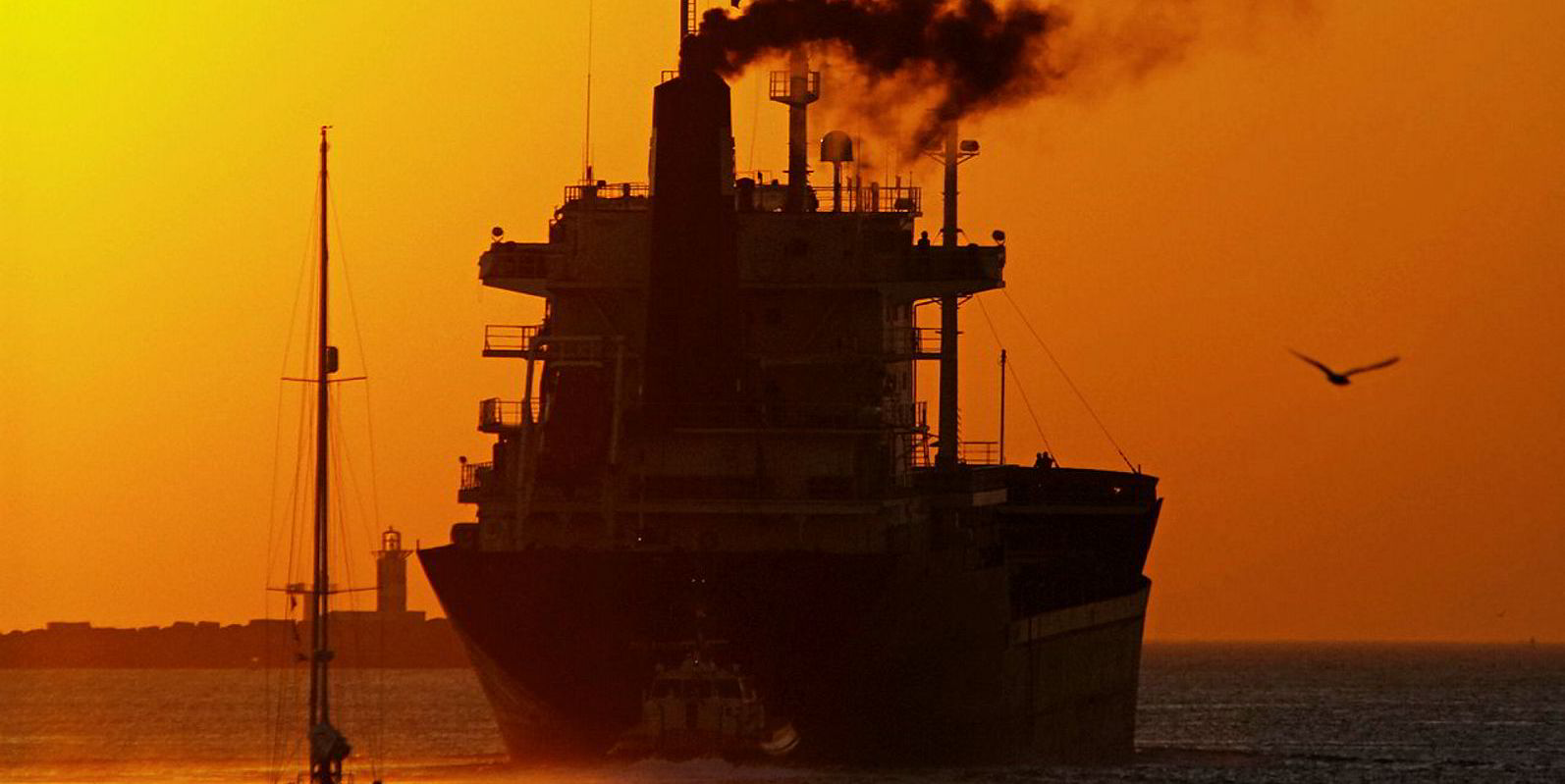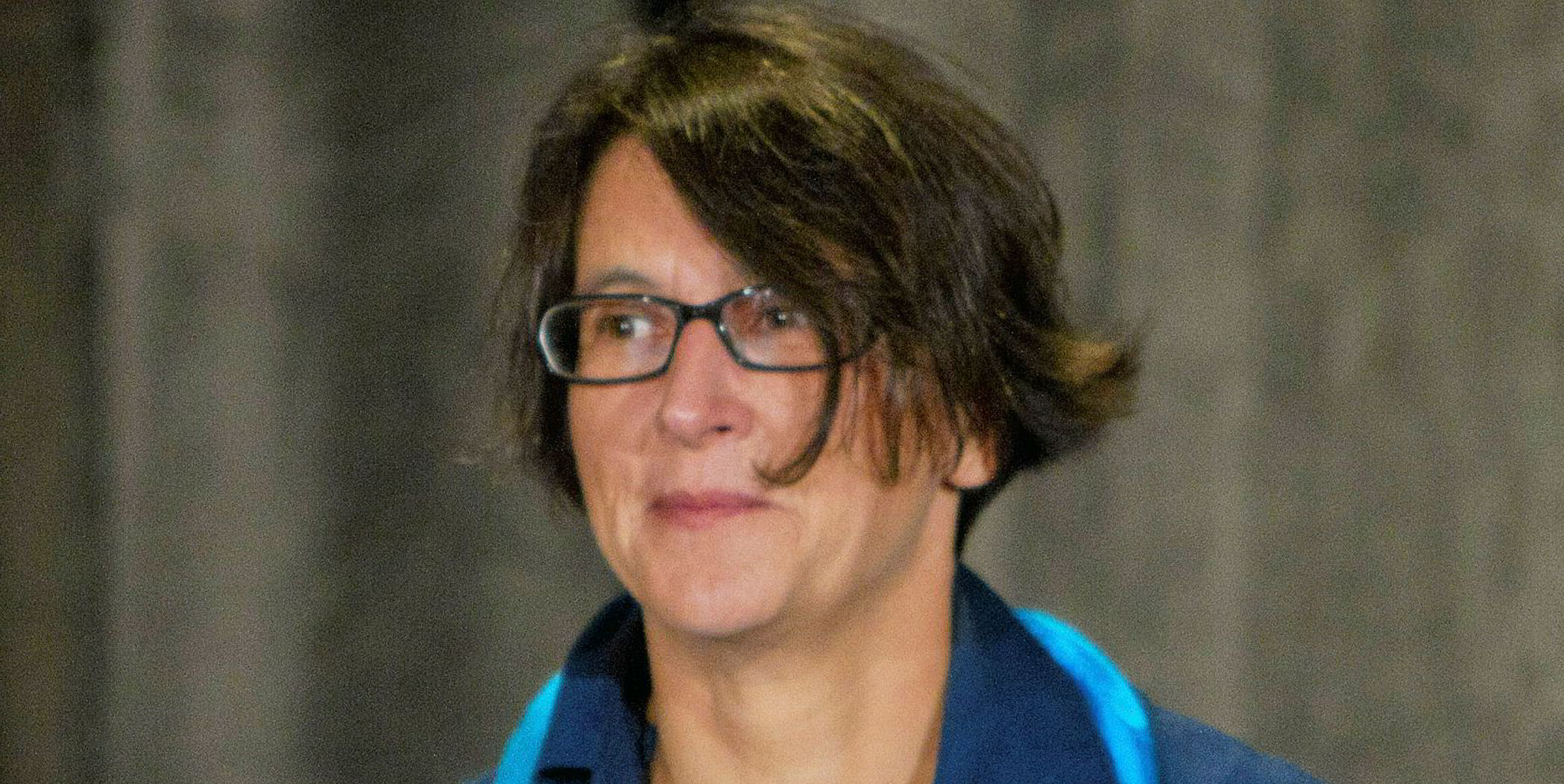A judgment by the High Court of England & Wales should give shipowners more power to recover losses from cargo damage claims on top of demurrage from charterers that have been delayed in discharging vessels within the specified laytime.
Norwegian protection and indemnity insurer Skuld said such recoveries could be in high demand from shipowners in the near future, given the delays at ports worldwide during the Covid-19 pandemic.
In his judgment, High Court judge Andrew Baker held that shipowners were entitled to recover losses that were different from the loss of use of the vessel, without needing to identify a separate breach of contract.
Congestion
For the past 29 years, since the Bonde case in 1991, case law has held that shipowners need to identify a separate breach and a different type of loss in order to recover their losses from charterers beyond their loss of use of the vessel.
Baker's judgment concerns a voyage charter on Norgrain terms for a 70,133-tonne cargo of soybeans that was carried on board K Line's 82,100-dwt Eternal Bliss (built 2010).
Congestion and lack of onshore storage at the discharge port in China forced the panamax bulker to wait at the anchorage for 31 days after arriving from Brazil.
The charterer, Priminds Shipping (HK), subsequently failed to discharge the vessel within the laytime specified in the charterparty.
When the cargo was finally discharged, it was found that some of the cargo was damaged with mould and caking, which led to claims against K Line for cargo damage.
'Important decision'
The shipowner settled the cargo interests' claim for $1.1m and then sought to recover those losses from the charterer in arbitration.
A preliminary point of law was, however, referred to the Commercial Court in London.
The court was asked to determine the circumstances in which there was a breach by charterers to discharge within the laytime specified in the charterparty.
It also determined whether it was sufficient for owners to identify a different type of loss beyond the loss of use of the vessel, or whether owners also needed to demonstrate a different type of loss and a separate breach by charterers.
Skuld called the judgment "an important decision" and flagged up the legal issues to its members in a circular.
"Of course, despite this legal avenue now being open to an owner, there will still be causation hurdles to overcome," Andrew Glynn-Williams, Skuld's vice-president and head of freight, demurrage and defence in Oslo, wrote in an online article.
"An example of the sort of issues that might arise would be where in addition to a lengthy delay there were breaches of owners' obligations to care for the cargo, perhaps by the introduction of sea water onto the cargo via a leaky hatch coaming.
"Given the recent delays we have seen in ports around the world due to Covid-19, one might expect that we will see an increase in the number of owners seeking to make such a recovery."
The Eternal Bliss case was referred back to the arbitration after Baker's judgment.







